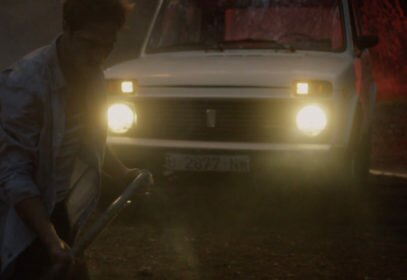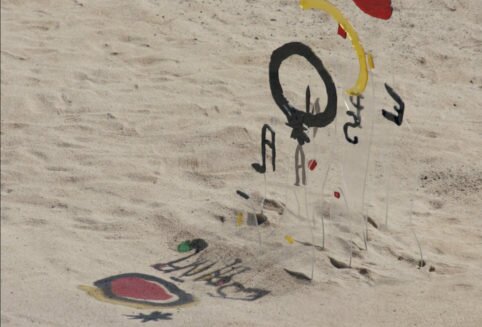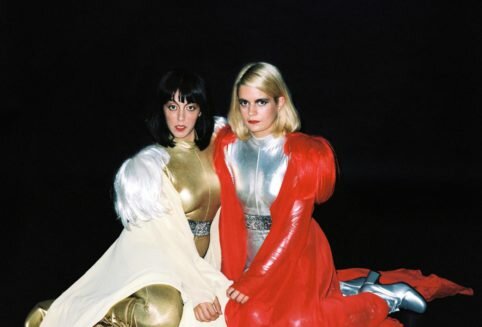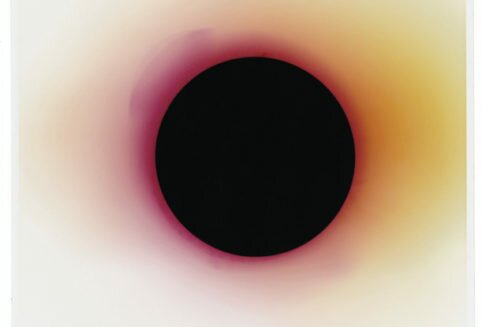c’est moi
By
Ben Tuthill
Someday, someone is going to write the definitive thinkpiece on irony and we’ll finally be able to stop thinking about it. Until then, we’ll have music videos like Downtown by Macklemore and we’ll have respond to it by trying to grapple with whatever the heck is going on in post-post-post-modern youth culture.
Downtown is the latest in a long line of high budget music videos that pay tribute to 1970s action films. It’s an odd genre to dwell on: the world is in almost universal agreement that 1970s action films aren’t very good. parodied them because they’re funny; in reclamation of an explicitly racist genre. But Macklemore’s Downtown is something else entirely: he celebrates garbage action movies because he likes them, he thinks that the fact that he likes them is funny and he realizes that this meta-ironic take on self-aware pleasure is in line with the spirit of contemporary American youth culture.
Consider the line “she got 1988 Mariah Carey hair / very rare / got mom jeans on her derrière”. First, it’s a shout out to a notably chaste pop culture icon of the unfashionable early 1990s. No matter that the girl depicted in the video is wearing a 1970s denim jumpsuit with a circa 1960 fringe or that Mariah Carey made her public debut in 1990: the line revels in ironized nostalgia and any accompanying nod to the past will do. That’s followed by a reference to the definitive anti-fashion style piece of contemporary young people, mom jeans, tied to the very unfashionable term ‘derrière. The entire sequence somehow conjures a sense of contemporary sexiness, but does so by resting on a series of meaningless signifiers that have nothing to do with sexiness, contemporary or otherwise. It’s deliberately antagonistic to the hyper-sexuality of contemporary mainstream hip hop, but still conjures the erotic silliness of Ice Cube’s interest in girls in biking shorts. Is it ironic? Absolutely. Is it genuine? Somehow, sort of.
The entire video revels in this weird middle ground between satire and celebration. It’s presented as a tribute, but more often than not it looks more like 2015 than 1973. Macklemore and co.’s anti-fashion has more or less become real fashion. The anti-sexiness of mom-jean derrière becomes real sexiness, and the women in the video are earnestly sexualized. Macklemore pretends that buying a scooter to make you look cool is stupid, but from the first shot on acts as if he really thinks that scooters are pretty cool. For a second, cruising in a horizontal line down the streets of what I’m supposed to think is downtown Seattle (it’s Spokane), they sort of are. What the heck is this song even about? Is it really about scooters? Why is Macklemore writing a song about scooters? And why did he call it Downtown?
The weird thing is that it’s ultimately almost beautiful. The chorus is triumphant (breathtakingly sung and more or less inspiring). Despite knowing fully well that there’s nothing here to be taken seriously, I still get caught up in the experience. As much as I want to hate Macklemore for epitomizing 21st-century inauthenticity, I can’t help but fall into what ends up being a genuine celebration of… something. I don’t know what I’m celebrating, but I feel like I’m having, to quote the poet himself, ‘a really, really, really good time’. So, what if the good time is a series of meaningless signs that have nothing to do with one another; they somehow center around something that feels, against all odds, authentic.
The Madame Bovary analog is clichéd, but I can’t help but think that Macklemore, in so many ways, is me. I’m a white kid from not-so-awesome city that I’m nevertheless belligerently proud of, I genuinely enjoy a lot of things and that makes me feel awkward and I often resort to irony and consumerism to make me feel better about that. Overrepresented or not, there are a lot of ironic white kids from boring cities out there. We’re all not sure if the things we care about actually matter, if the privileges we grew up with don’t make us inherently terrible people or if ironic nihilism maybe isn’t the best way to deal with our problems. There’s a reason that someone as theoretically offensive as Macklemore has become one of the most popular men in America. How else would a doofy Aryan colonizer from the Pacific Northwest end up in the top 40 in a pop era dominated by 3rd-wave feminism and obsessive cultural awareness?
Macklemore videos embarrass me. His project (so appropriative, so inane, so obvious) makes me cringe. But maybe there’s an all-too-human reason for that. I’m not saying he shouldn’t be called out. But maybe there’s a reason that people like me are so willing to do the calling.























